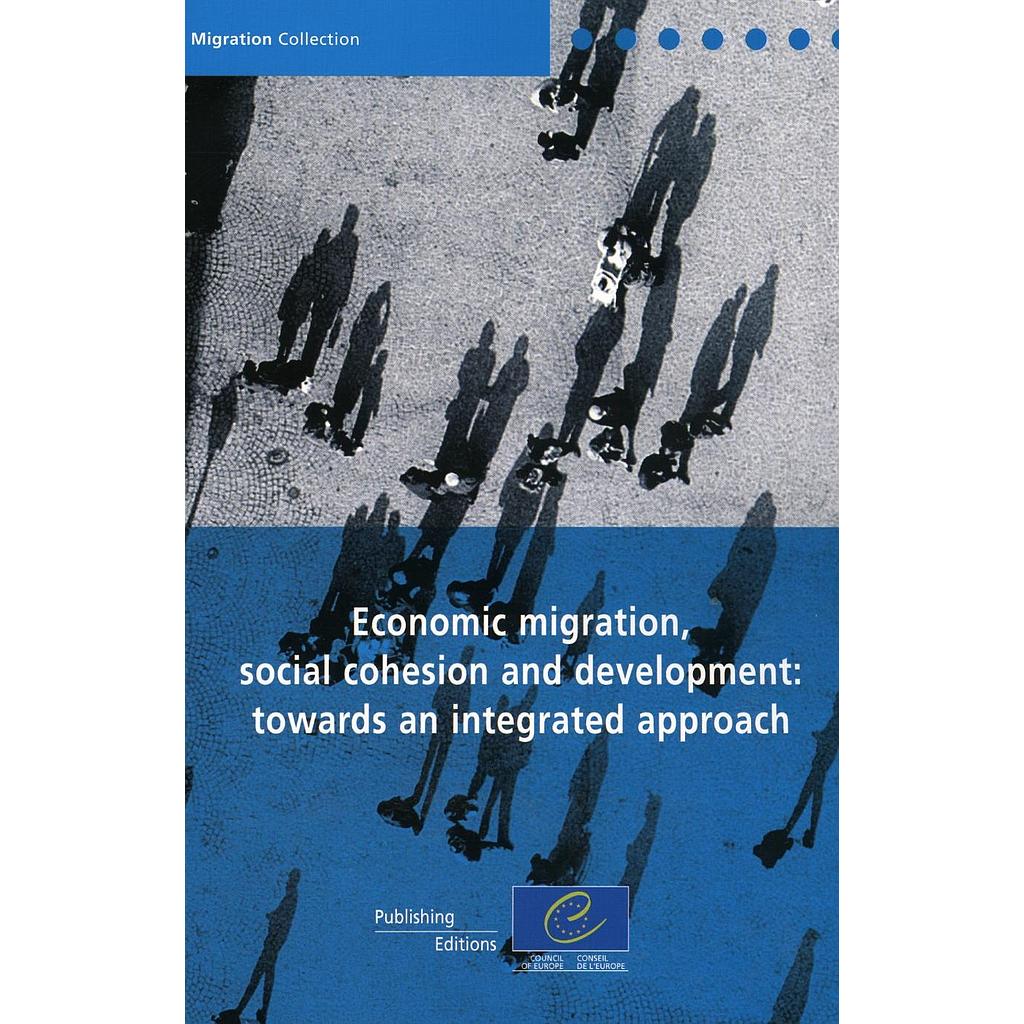Economic migration social cohesion and development: towards an integrated approach
Patrick TARAN
Availability: Out of stock - available in 5 open days
- Categories: Asylum and Immigration
- Publisher: EDITIONS DU CONSEIL DE L'EUROPE - COUNCIL OF EUROPE PUBLISHING
- Collection: Collection Migration
- ISBN: 9789287165725
- Publication Date: 01/01/2010
- Number of pages: 192
Summary
In the final declaration of their 8th conference, the European ministers responsible for migration affairs committed to promoting and protecting the human rights of migrants, with special attention to gender equality and the rights of women; to strengthening dialogue and co-operation between receiving, transit and origin countries, particularly within Europe; and, to promoting coherence at all levels (international, national, regional and local) between migration, development and integration policies. The ministers also agreed to manage economic migration with a view to promoting economic and social progress in receiving, transit and origin countries; to enhance social cohesion by improving the integration of migrants and persons of immigrant background and the re-integration of migrants who return to their countries of origin; and, to strengthen the contribution of migrants and persons of immigrant background to development in receiving and origin countries and their involvement in co-development programmes. This report was prepared to support the ministerial debate during the conference.
It presents the main aspects and characteristics of migration in the member states of the Council of Europe, analyses policy challenges raised by contemporary migration and identifies an integrated policy agenda.
Table of contents
Executive summary
1. Competence of the Council of Europe
2. Challenges for Europe, economic well-being, development and social cohesion
3. Migration and economic and social well-being
4. The migration-development nexus
5. Integration and social cohesion
6. An integrated policy agenda
Introduction
1. Challenges for Europe, economic well-being, development and social cohesion
2. Competence of the Council of Europe
3. Towards a comprehensive, integrated approach to migration across Europe
4. Structure of the report
Chapter I Migration management: towards social and economic well-being
1. Introduction
2. Labour market demand for and insertion of migrants
3. Gender and migration
4. Demographic considerations
5. Migrants’ contribution to the economy and social well-being in host countries
6. Migrant populations in Europe
7. Policy issues
8. Policy guidance
Chapter II Development and migration
1. Introduction
2. The migration and development nexus
3. Understanding the links: migration and development
4. Policy interventions on migration and development
Chapter III Migration and social cohesion
1. Introduction
2. Impact of migration on social cohesion
3. Policy issues
4. Evolving challenges
5. Guidelines and options for action
6. A framework for integration
Chapter IV An integrated policy agenda
1. Introduction
2. The integrated approach
3. The normative foundation
4. Stakeholders
5. Policy issues and responses
6. An integrated policy agenda – 14 components for a comprehensive policy framework
7. Implementation
Bibliography
